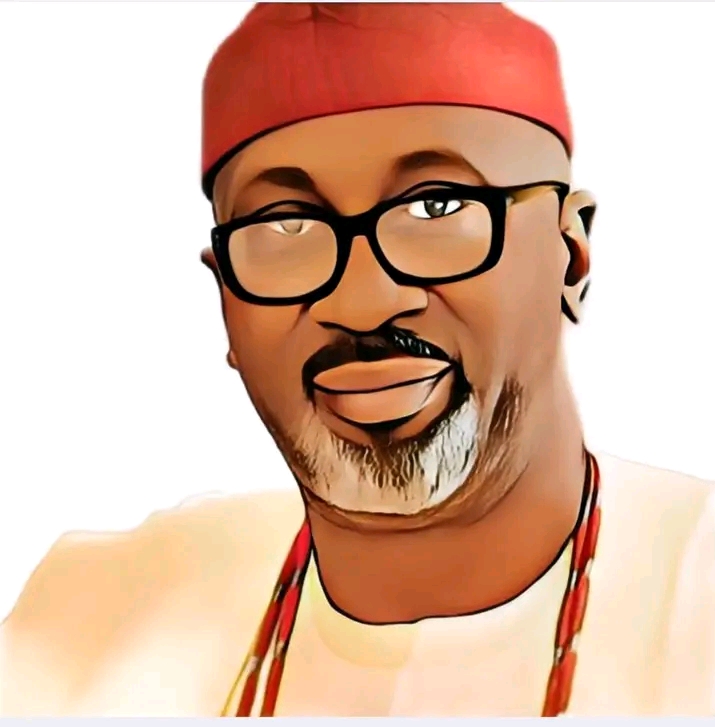
Superior Arguments Addressing Governor Bala Mohammed’s Complaints
By Abayomi Odunowo.
Governor Bala Mohammed of Bauchi State has expressed deep concerns regarding the policies implemented by President Bola Tinubu’s administration, particularly emphasizing the pain and hardships being faced by ordinary Nigerians. While his criticisms are worthy of consideration, they often overlook the broader context and rationale behind these reforms. By weaving together empathy for the citizens’ struggles and a pragmatic view of these policy shifts, it becomes evident that a thorough understanding of these initiatives is essential to grasp their long-term implications.
Governor Mohammed poses that the current policies are ineffective and are bringing hardships upon the populace. However, one can argue that while these reforms—especially the removal of subsidies—may induce temporary discomfort, they are crucial for achieving fiscal sustainability and economic stability in the long term. The subsidy regime, which consumed a significant portion of national resources, left little room for essential investments in infrastructure, education, and healthcare.
Acknowledging the suffering of citizens, President Tinubu’s administration has introduced various palliative measures such as conditional cash transfers and support for agriculture, which aim to cushion the immediate effects of these reforms. By contrasting the current pain with the long-term vision of a more self-sustaining economy, it becomes clear that reform is often a double-edged sword demanding a delicate balance between immediate relief and future benefits.
Governor Mohammed argues that the tax reforms are burdensome, potentially blocking revenue sources. Yet, it is vital to recognize that these reforms are intended to broaden the tax base and diversify Nigeria’s economy away from over-reliance on crude oil revenues. Efficient taxation systems are essential for fostering resilience against global oil price fluctuations and promoting sustainable economic development.
Moreover, implementing a more equitable tax system facilitates wealthier individuals and corporations to contribute fairly to national revenue. This poses the option of strengthening federal and state governments’ investment capabilities in social services and infrastructure. Thus, rather than viewing tax reforms as a burden, they should be perceived as an investment in Nigeria’s future.
The governor’s communication suggests that northern governors are at odds with President Tinubu due to unaddressed concerns. While it is true that communication between federal and state governments is crucial, it must be understood that the realities of governance require shared responsibilities. Platforms like the National Economic Council (NEC) are designed to harmonize state and federal priorities.
Governors should be proactive in gauging their local challenges and engaging in productive dialogue with federal authorities rather than viewing federal stances as adversarial. Governance is collaborative; state governments possess the localized knowledge necessary for effective governance, allowing them to complement federal initiatives effectively.
Governor Mohammed hints at an alleged listening deficit regarding President Tinubu’s interactions with northern governors. However, the president’s outreach through numerous consultations and dialogues with various stakeholders—including state governors—demonstrates a commitment to inclusiveness. Political leadership inherently requires balancing diverse regional needs, ensuring that policies serve mutual interests while respecting the unique circumstances of each geopolitical zone.
The suggestion that religious leaders mediate on behalf of the people introduces additional nuance to the governance discourse. While religious leaders can play a pivotal role in shaping public morality and fostering dialogue, the political landscape must function through established democratic institutions. Engaging in governance requires systematic approaches and transparent communication channels, as leveraging religious figures could lead to blurring the lines of accountability and the division of power.
Lastly, the idea that the president’s policies alone are responsible for public suffering ignores the historical systemic challenges that Nigeria faces. The Tinubu administration inherited a plethora of fiscal and infrastructural pressures stemming from past mismanagement. The responsibility does not lie solely with the president; state governments must also optimize local resources and build effective governance structures that complement federal policies.
Finally, the call by Governor Mohammed to reconsider the hardship created by reforms overlooks the essence of transformative policy changes, which often require patience. Historical trends indicate that short-term pain can yield long-term prosperity, a reality that leaders at all levels must acknowledge.
While Governor Bala Mohammed’s concerns highlight valid immediate challenges faced by ordinary Nigerians, they must be seen within the broader context of transformational policy objectives. The Tinubu administration’s reforms are grounded in the necessity of fiscal sustainability, economic diversification, and improved governance. For the success of these initiatives, collaboration between state and federal leaders is imperative, emphasizing a united front toward overcoming obstacles and achieving a brighter future for Nigeria. Rather than casting blame, state and federal authorities ought to embrace accountability and partnership in their quest to deliver meaningful outcomes for the populace.
Otunba Abdulfalil Abayomi Odunowo
National Chairman AATSG
Email: nchairman@aatsg.org.ng
Mobile: +2349053535322
AATSG Media.
URL: www.AATSG.org.ng
WhatsApp Channel: https://whatsapp.com/channel/0029VadcNX21NCrRShw4S33A
AATSG OFFICIAL
https://play.google.com/store/apps/details?id=com.slim.aatsg
AATSGiD
https://play.google.com/store/apps/details?id=com.myid.aatsgid

